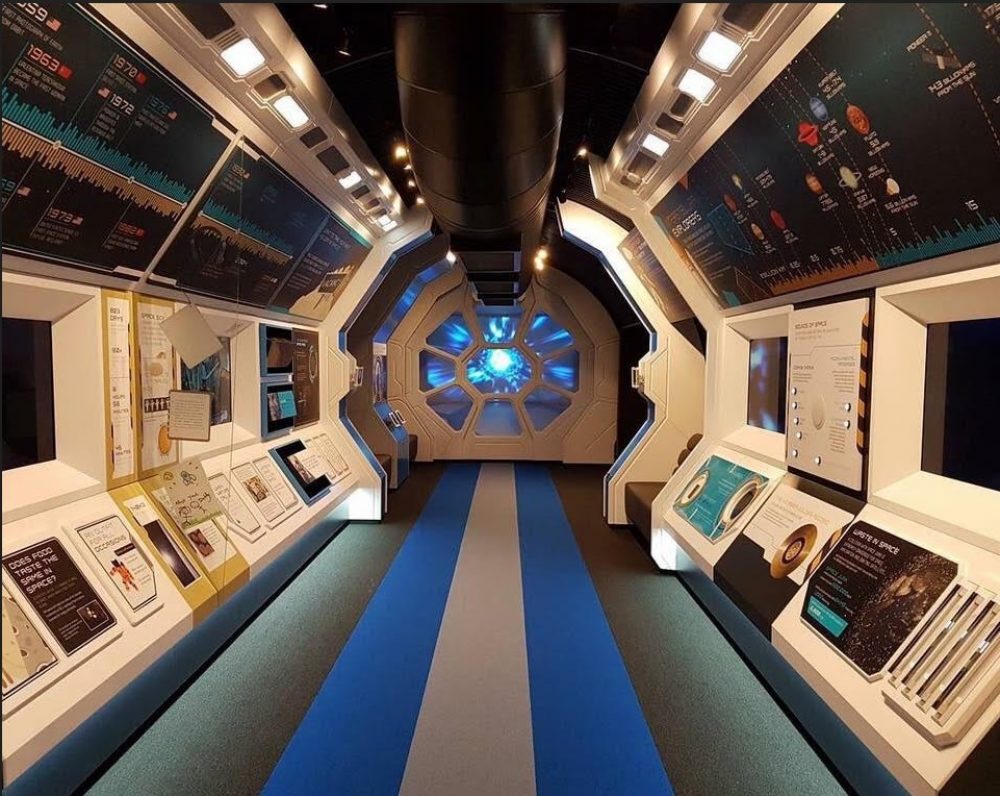All too often, research projects have a tendency to assess the impacts of a tourism development after it had occurred, rather than working with communities to ensure a long-term sustainable solution right from the start.
Most recently, and thanks to a unique collaboration between the Murweh Shire Council (MSC), Focus Productions and the Griffith Institute for Tourism (GIFT), we have been able to take a different approach to bringing research into the design of a visitor attraction. As a result of this collaboration, we were able to provide market insight and intelligence that majorly informed the redevelopment of an interpretation centre in regional Queensland. Stage 1 of the Revitalisation of the Charleville Cosmos Centre in Outback Queensland is now complete – just in time for the tourist season to commence in Easter.
Bringing together a multifaceted research team we used the principles of experience design to develop a vision for the revitalisation of the Charleville Cosmos Centre. Part of the exercise was a best practice review of 20 similar centres from around the world to identify a unique point of market differentiation. In addition, the team conducted a visitor experience audit, completed over 60 interviews with Cosmos Centre Staff, the Charleville community and visitors and engaged in a consultation process with Murweh Shire Council and other key stakeholders. A clear vision for the ‘new’ Cosmos Centre emerged – and most importantly was owned by the Council and the local community. After a search for best practice in interpretation in Australia we recommended to the Council to engage Focus Productions to provide high level expertise in the implementation of the vision for Stage 1 of the revitalisation – a fully functional interpretative centre. Combining industry, council and University expertise and resources helped to meet an extremely tight deadline and limited budget to assist a regional community to ensure one of its most vital tourism assets was operational prior to the opening of the season.
Now that Stage 1 is complete, we will be using ambulatory psychophysiological measurement equipment, such as eye tracking goggles to evaluate the effectiveness and popularity of the revitalisation. This research will provide vital information for Stage 2 of the project, but it will also provide a scientific basis for designing similar experiences elsewhere.
Having been part of the development process right from the start, makes me realise that for research to make an impact we need to think of ourselves as part of the transformation process. This project has taught me that universities provide vital expertise and cutting edge research to contribute in tourist experience development not only in the design phase but also in its evaluation. Translating scientific knowledge into tourism planning and business management is not only rewarding for the researcher but may help stoke the fire of innovation in tourism that is much needed to remain competitive and create thriving, sustainable attractions.
Written by Dr. Brent Moyle, Senior Research Fellow, Griffith Institute for Tourism
